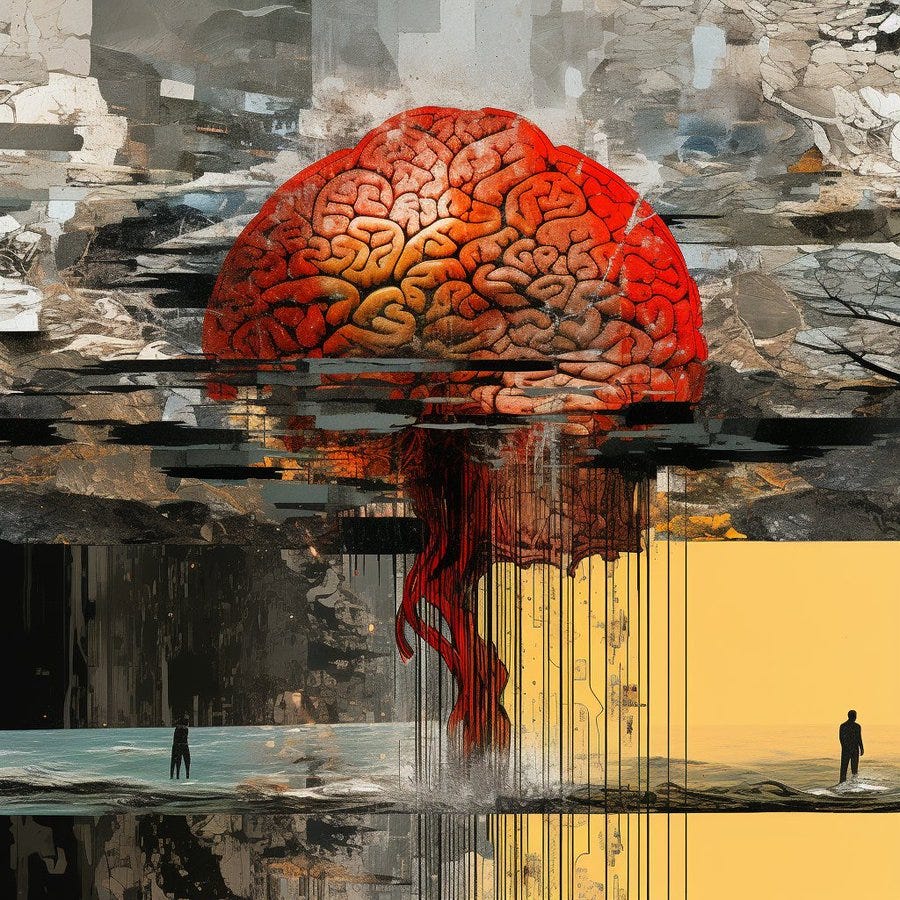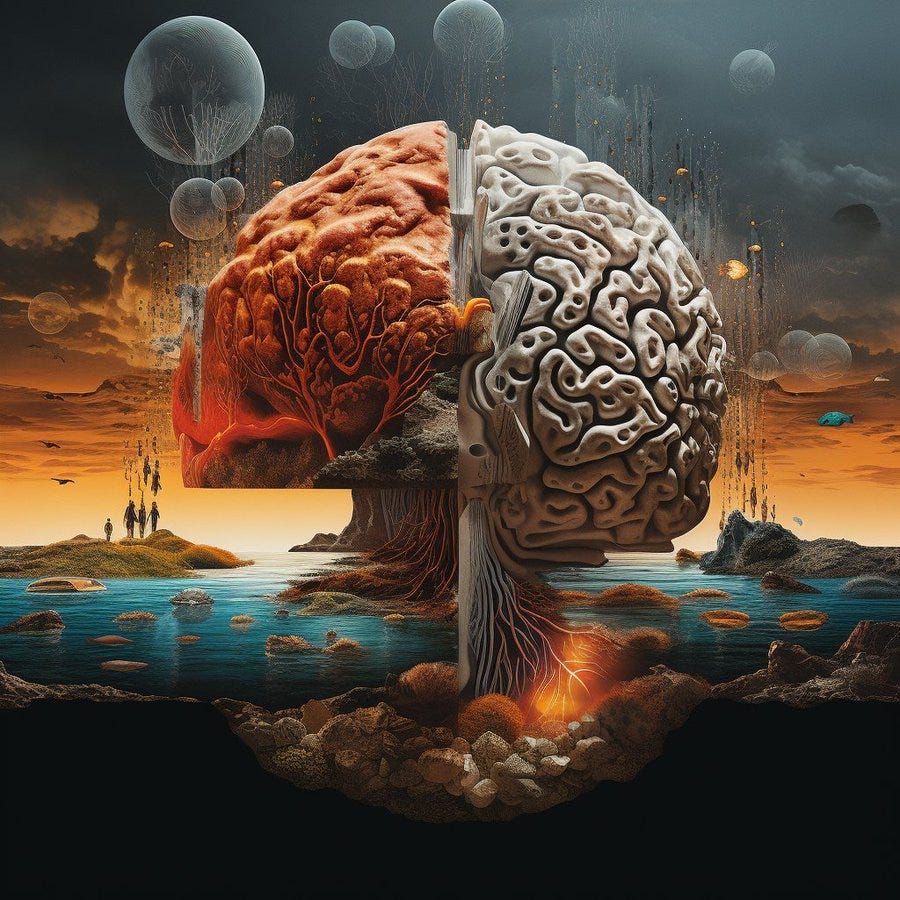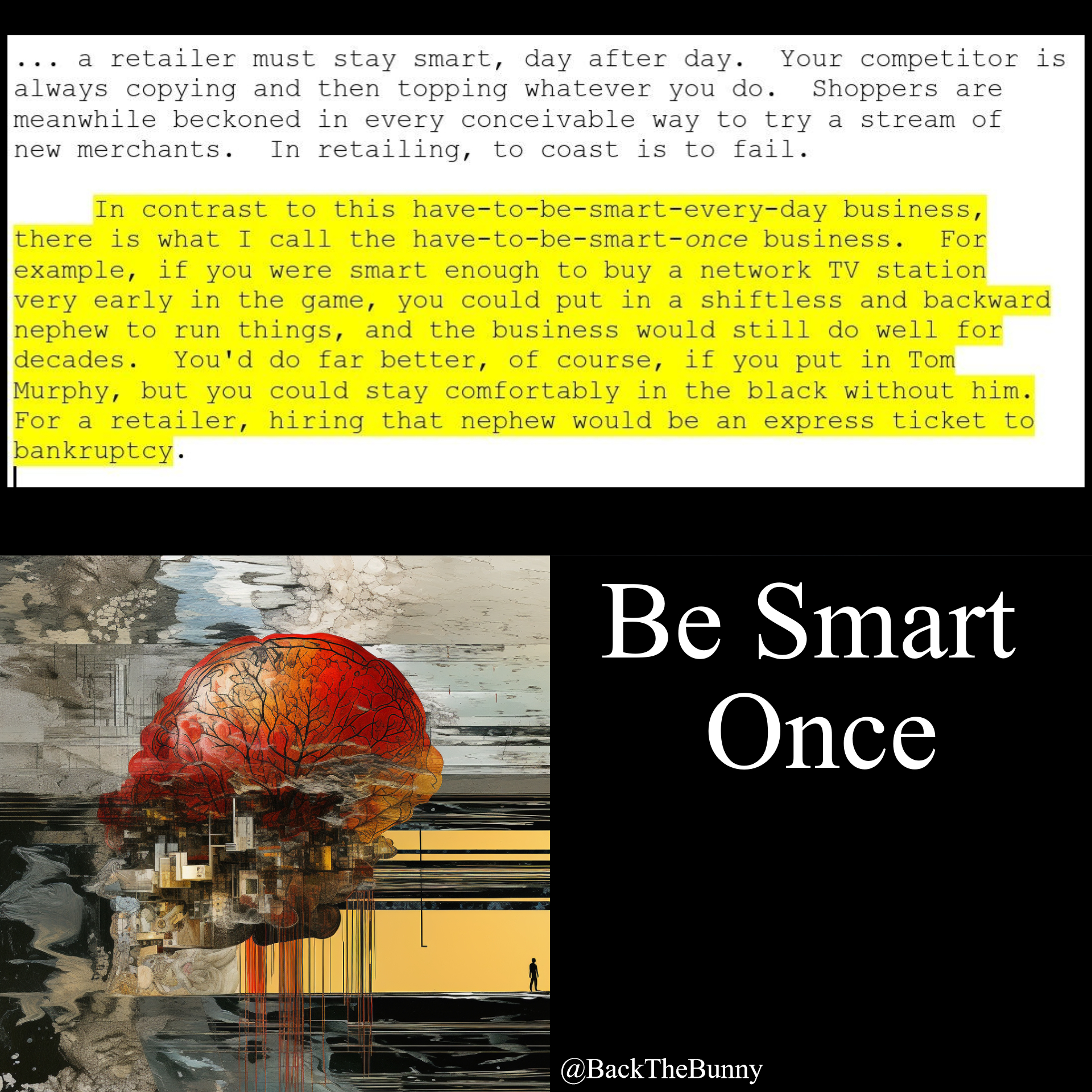Be smart once.
This is concept that has been very influential for me. Sometimes you encounter a new frame of analysis and it ends up altering how you view the rest of the world.
My interpretation and application.
I encountered this excerpt while doing DD on stocks several years ago. And it still constantly comes to mind for me when I see a prediction, make an investment, and even for personal choices. The lesson is generalizable to much of life. Be smart once.

Nominally, the excerpt is about business decision making. There’s a Buffet quote that says “I try to invest in businesses that are so wonderful that an idiot can run them. Because sooner or later, one will.” To me, this is speaking to the same kind of thinking.
What it means is a business is structurally superior the less its leaders have to guess trends and make assumptions about markets in order to succeed. I believe the takeaway is a business is best situated to excel the less it’s impacted by managerial decision making.

Every single subjective call, prediction, gut feeling, etc. should be understood as another chance you have of being wrong. A business is better off the more its success is on autopilot, and shielded from the hubris and fallibility of human analysis and predictions.

Think of it like this: if you have to make 3 different decisions to come to conclusion, what’s the chance you’re right? Let’s assume each decision has a 50% chance of being right. Those 3 decisions can be viewed as .5^3, which is 12.5% chance of being right.
Say it's 5 reasonable assumptions at 50%; that’s now a 3% likelihood you’re right. It doesn’t matter how smart the executive is, it’s still not that great. Maybe an elite operator can change it from a coinflip probability to 60%. Ok so that’s now a 7.8% chance of being right with 5 different variables/assumptions baked in.
You get the picture. No matter how astute and well-researched the observations and analysis are, as each new supposition is intertwined into the conclusion, it becomes less and less likely it’s right.
Be smart once, or be smart as little as possible. This has application to much more than just business decisions. Just like the Superhistory, Not Superintelligence thread (link here) has application far beyond just AI.
Once you see this in business, it can be abstracted to all other decisions in life you encounter. That investment you made, how many guesses were embedded in it? That big impressive model from an “expert”, go take a look at how many assumptions it has.
Example: You have a trade in mind. You used 2 different forms of technical analysis that we’ll say have a 70% chance of being right. And also you read some tea leaves on open interest and a subjective indicator for liquidity…
I know you’re good at what you do, so we’ll say they’re both 70% likely to be true too. That trade you’ve got there has about a 24% chance of being right with 4 assumptions that each have a 70% probability. Not great.
You probably are embedding at least 4 of these educated guesses into each investment decision. That means each trade you make has about a 1-in-4 chance of success. No wonder so few make it in trading. How could anyone make money (consistently) this way?
Life is a numbers game, don't choose a path with innately terrible probabilities. Be conscious how many times you have to be right to nail the outcome, try to systematically reduce it. The best traders get their heuristics down pat, and understand simple = elegant and accurate.

BE SMART ONCE.
Be cognizant of how many assumptions you have in your decisions. Assign them reasonable probabilities. Reduce them where you can. Try to put yourself in positions where you only have to be smart once, or as little as possible, to get what you want.
Follow @BackTheBunny
The writing is free, the only requested ‘price’ is that you please share if you enjoyed 🙂


